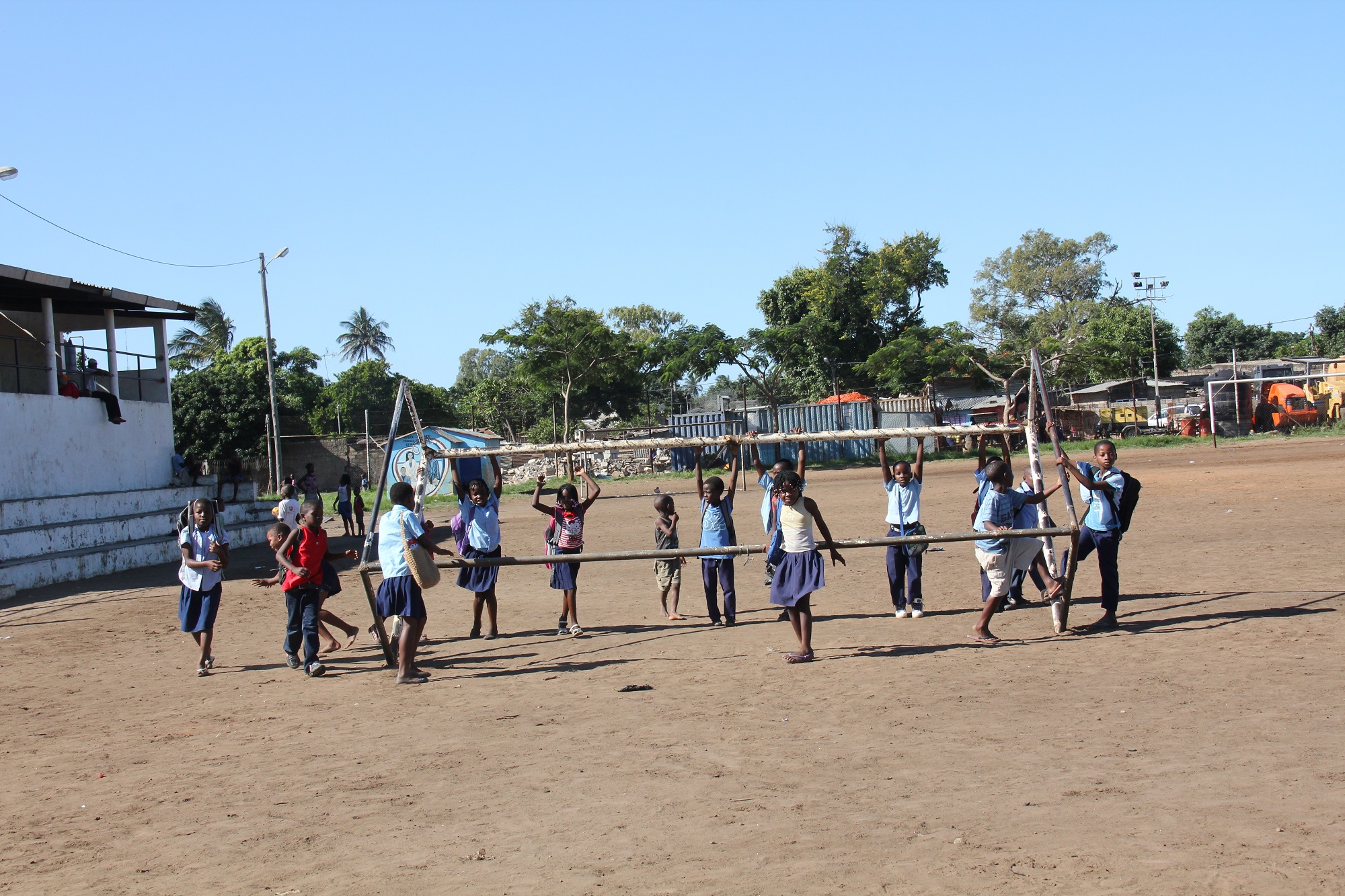Finland to support the development of a social security system in Mozambique
Finland focuses on developing a child benefit system in the poorest provinces of Mozambique, as part of the UN Joint Programme. To support the work, a report commissioned by the Ministry for Foreign Affairs on social security practices in southern Africa has been completed.

Social security supports people in difficult life situations and in life transitions. Although social security is a right enshrined in the UN Declaration of Human Rights, there are significant differences in access. In 2020, 46.3 percent of the world’s population had access to some form of social security. Therefore, improving access to social security is also one of the UN Sustainable Development Goals.
In Mozambique, the social security system is still in its very early stages. Only a few percent of the country’s more than 30 million citizens are now covered by some form of support. In addition, various crises — the coronavirus pandemic, extreme weather events, the conflict in northern Mozambique and, most recently, the global food crisis — have resulted in increased poverty and inequality and the number of people in need of support.
The child benefit consists of money and counselling
To promote social security, Finland has joined the UN Joint Programme, which aims to strengthen the implementation of Mozambique’s national social security strategy.
“Finland focuses on building a child benefit system in the northernmost and poorest provinces of the country. These areas have the weakest access to services, and problems such as malnutrition, child marriages and teenage pregnancies are more common than in other areas,” says Riikka Raatikainen, Senior Specialist at the Embassy of Finland in Maputo.
The programme provides support to poor and vulnerable carers with children aged 0-2 years. The child benefit is approximately seven euros per month and is available for two years. In addition, families are provided advice on how to access other social and health services, and offered guidance on issues related to nutrition, children’s schooling and other issues related to wellbeing.
The programme is implemented by the United Nations Children’s Organisation (UNICEF) and the International Labour Organisation (ILO), together with the Mozambique Ministry of Gender, Children and Social Affairs and the National Institute of Social Security. In addition to Finland, the programme is supported by Sweden, the Netherlands and the United Kingdom.
Support improved the wellbeing of children and the position of women
Launched in 2017, the programme has already produced impressive results. According to the programme evaluation, results included improvements in the financial situation of households, food security and ways of coping with the effects of the COVID-19 pandemic. The programme also helped to reduce poverty, and the money given was mainly spent on food, clothing, shoes and health care. The effects seem to be clearer in female-led households.
“The evaluation shows that the child benefit has also improved gender equality and the position of women. Violence against women decreased, women’s self-esteem and their ability and opportunities to make decisions increased,” Riikka Raatikainen says.
Counselling was also found to have important effects: families learned how to diversify their diets and how to use other services. In addition, households were able to put some money aside, even if the sums were very small. The wellbeing of older children (aged 3-17) improved and violence against them decreased.
Report commissioned by the Ministry supports planning work
Finland has agreed to take part in the UN Joint Programme in 2022 and 2023. During that period, the total budget for the programme will be approximately EUR 5.2 million, with Finland’s contribution amounting to EUR 2.7 million.
“The programme will give us a good opportunity to more broadly influence the national discussion on the development of social security services. Based on experiences gained, we will consider whether to continue our support and if we choose to do so, what is the best way,” says Riikka Raatikainen.
A report commissioned by the Ministry for Foreign Affairs on social security practices in southern Africa, primarily in Mozambique and Zambia, has been completed. This report will support further planning work. One of the particular focus areas of the study was social security as a means of improving gender equality and crisis resilience in societies.
According to the report authors, there are a number of good practices in the existing social security programmes, but also room for improvement. The most important thing is that the programme was created to respond to local needs and is adapted to the local culture and environment.
The UniPID network (Finnish University Partnership for International Development) was the organisation responsible for the report. It coordinates the development policy research cooperation between the researchers and the Ministry for Foreign Affairs.
The authors of report are Salla Atkins, Jere Tiitto, Johanna Pajula, Elina Kervinen, Jairous Miti, Pedroso Nhassengo, Mikko Perkiö, and Meri Koivusalo, all from Tampere University. The report is independent and does not necessarily reflect the official views of the Ministry for Foreign Affairs.
Milma Kettunen
Unit for Communications on Sustainable Development and Trade
